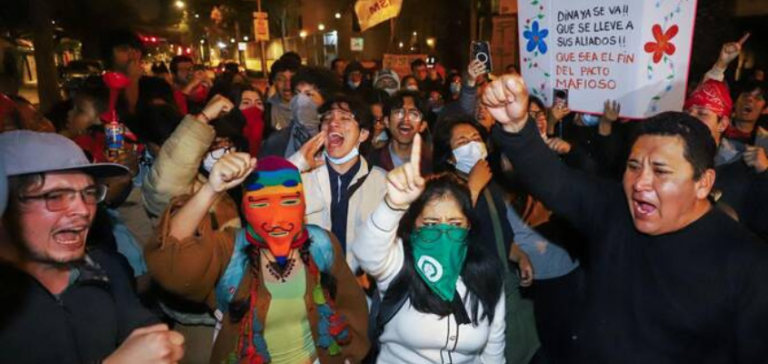Decision On Birthright Citizenship Depends On Interpretation Of One Phrase
The Supreme Court on Dec. 5, 2025, agreed to review the long-simmering controversy over birthright citizenship. It will likely hand down a ruling next summer.
In January 2025, President Donald Trump issued an executive order removing the recognition of citizenship for the U.S.-born children of both immigrants here illegally and visitors here only temporarily. The new rule is not retroactive. This change in long-standing U.S. policy sparked a wave of litigation culminating in Trump v. Washington, an appeal by Trump to remove the injunction put in place by federal courts.















